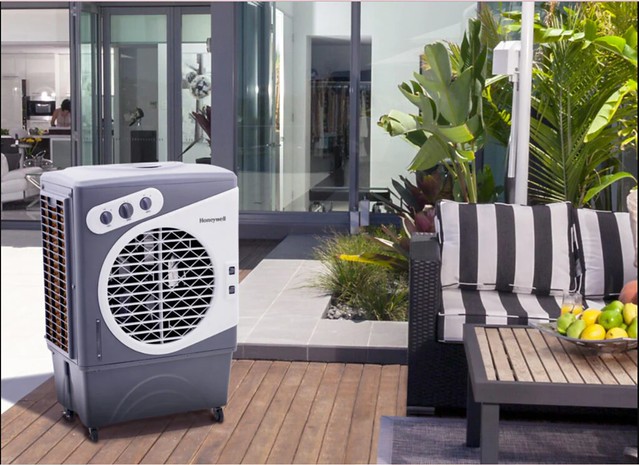Safety and Efficiency Considerations for Electric Boiler Factory
Industrial electric boilers rely on electricity to heat water and steam. They can replace combustion-fueled industrial boilers that emit harmful vapors and can cause explosions and fires.
Using new data, we estimate the GHG emissions reduction potential of industrial boiler electrification across all U.S. counties. County-level maps show net changes in GHG emissions under current electric grid makeup, reference case grid, and high renewables case grid.
Safety
Safety is an important consideration when working with electric boilers. They use a large amount of power, which can cause a fire if the wiring is not properly done or there are other problems with the system. If a fire occurs, it can damage the structure and destroy property. It can also cause a power outage, which could leave the building without heat or water. This is especially dangerous for individuals because they will have to wait until the connection is restored.
The area surrounding boilers should be free of flammable materials and should have proper lighting. There should also be enough space for workers to move around the boiler. The floor should be clean and dry, and spills should be cleaned immediately. The area should also be well ventilated. In addition, the boiler should not be entered unless it is closed, locked and tagged, and a supervisor has been notified and has verified that conditions are safe.
It is essential that safety devices be checked and maintained regularly to ensure they are working correctly. This includes indicating devices such as thermometers and gage glasses, safety valves, burner failure alarms and low water level cutoffs. The indicating devices should be free of defects and the safety valves should be marked with the date and pressure rating when they are last tested.
Efficiency
Several efficiency measures can be taken to improve the performance of electric boilers. These measures include increasing combustion efficiency, decreasing steam demand and reducing byproducts such as ash, liquid effluent and unburned carbon. Using efficient burners and controls can also help reduce fuel consumption. Another important factor is ensuring that the steam system is properly electric boiler factory designed and operated. A poorly designed and/or operated system can result in significant energy loss.
Currently, industrial steam use accounts for a small share of overall manufacturing electricity consumption in the U.S., but it is a high-emitting sector that has potential for substantial GHG reductions through electrification. A recent study assessing the energy and emissions impacts of industrial heat electrification found that switching to electric boilers would mitigate 19 MMmtCO2e/yr GHG emissions in the U.S. manufacturing sector in a reference grid scenario with a higher percentage of renewables (see Figure 8a).
However, in many locations the electricity that powers industrial boilers is still largely generated from fossil fuels, which will increase GHG emissions in the reference case. Moreover, a switch to electric boilers does not necessarily lead to GHG emissions savings at the facility level if steam demand is not reduced through other efficiency measures. Therefore, a comprehensive analysis of the emissions implications of industrial heat electrification should include detailed spatial and county-level analyses of existing boiler inventories and regional makeups of the electricity grid to provide a more accurate estimation of its impacts.
Reliability
Unlike conventional boilers that rely on combustion to produce steam, electric boilers use a process called “electrolytic decomposition” to create steam. This process uses the conductive and resistive properties of water to carry current through electrodes. This creates heat that is transferred to the surrounding water to form steam, which can then be used for various applications. This method reduces the need for fossil fuel consumption, which is a major contributor to climate change.
In addition to the environmental benefits, electric boilers require fewer components and are safer to operate. They also use less electricity than conventional fuel-burning boilers, which means you can save money on your utility bills. Additionally, electric boilers are quieter than traditional gas units, and they don’t have to deal with flames, fumes, and fuel lines.
To ensure that your electric boilers remain reliable, it is important to perform regular maintenance. These measures include cleaning, inspecting, and testing equipment. Performing these tasks regularly can prevent costly repairs and reduce the number of unscheduled outages. In addition, it is important to understand the factors that affect life expectancy of boiler tubes. This information will help you prioritize repairs and replacements for your boilers. This will help you increase the reliability of your plant and improve efficiency. It is also important to implement a comprehensive maintenance program that includes unit specific operational training, advanced data management and strategic inspection, maintenance and replacement prioritization.
Maintenance
As the full expression goes, “A stitch in time saves nine.” Similarly, consistent maintenance can mitigate the risk of electric boilers breaking down and can improve their operational longevity. It also reduces energy bills and averts the cost of replacing them with more efficient models.
The first step in preventive maintenance is assessing the situation electric boiler in the mechanical room. This involves checking all of the piping, venting, gas or oil supply, and water quality. It is also necessary to inspect all of the boiler components for signs of damage.
Next, the maintenance team should clean all of the elements and associated hardware in the electric boiler. This process includes draining the boiler and cleaning it to remove accumulated scale and sludge. It is important to check that the boiler pressure is within the correct range for optimal operation. This is achieved by using a system that measures pressure in real-time.
Finally, the maintenance team should take care to shut off the electricity supply and allow the boiler to cool down before attempting any work. This is important because working with electric boilers can be dangerous if not done properly. They should also wear personal protective equipment. They should also use a gas detector to monitor for any leaks in the system. They should also test the refractory and check for cracks or spalled areas.


